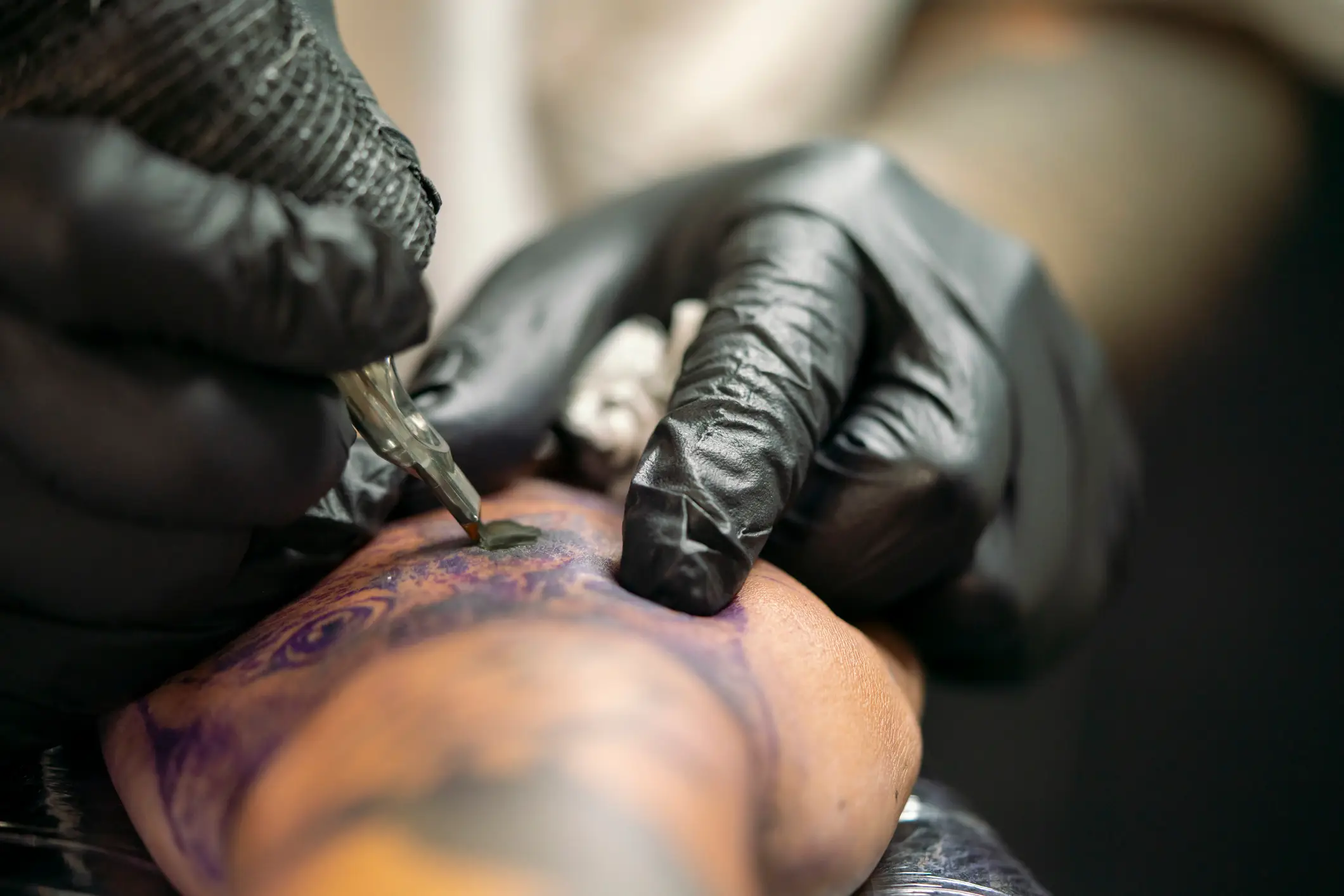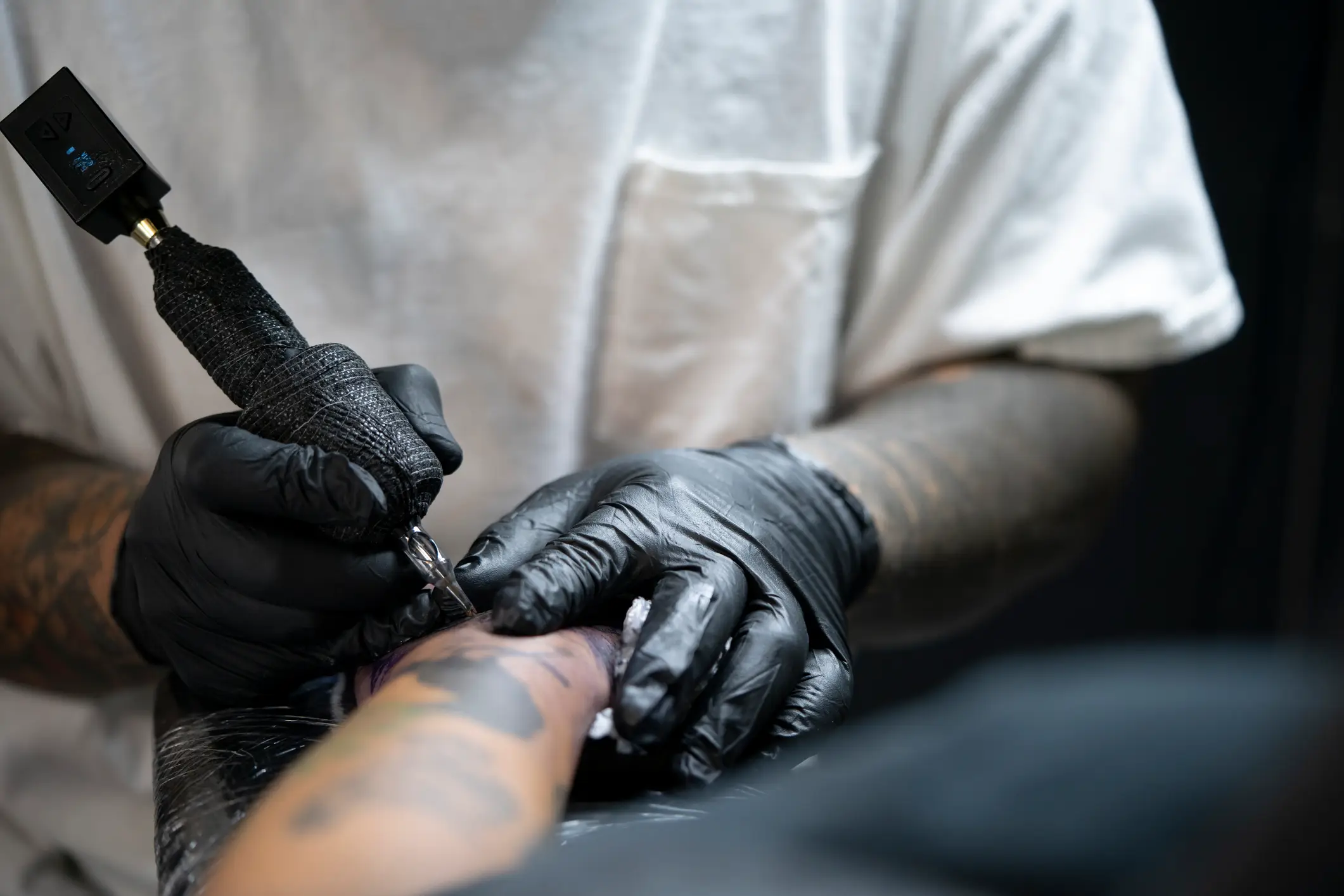
More and more people these days seem to be taking the plunge and getting inked up.
Whether it's simple fine-line flash designs or elaborate full-body pieces - it's clear that permanently inking something onto your skin is getting increasingly common, but that's not to say that it doesn't come without risk.
And, apparently, it's not just infections and bad needle reactions we need to worry about as experts have now issued a warning that tattoos may increase the risk of developing of two different types of cancer.

Advert
Now, as we know, when you get a tattoo you get ink injected directly into a skin.
But this ink doesn't simply stay put as a small portion of it can travel through your body and end up in the lymph nodes - things which work to help the body fight off infections and potentially harmful substances.
New research, led by the University of Southern Denmark (SDU), looked into whether this process could have long-term health implications and found that when tattoo ink penetrates the skin, it could cause 'chronic inflammation' of the lymph nodes, per the Daily Record.
The researchers looked at data from thousands of twins and discovered that people with tattoos were more likely to have skin and lymphoma cancers compared to those without.
"For skin cancer and lymphoma, increased hazards were found for tattoos larger than the palm of a hand," the authors wrote. "[Our] study suggests an increased hazard of lymphoma and skin cancers among tattooed individuals, demonstrated through two designs: a twin cohort and a case-cotwin study.
"We are concerned that tattoo ink interacting with surrounding cells may have severe consequences. Studies that pinpoint the etiological pathway of tattoo ink-induced carcinogenesis are recommended to benefit public health."

It is this specific factor which may pave the way for an increase in abnormal cell growth which can, over time, heighten the risk of cancer.
"We can see that ink particles accumulate in the lymph nodes, and we suspect that the body perceives them as foreign substances," said Professor Henrik Frederiksen of SDU.
The university added: "This may mean that the immune system is constantly trying to respond to the ink, and we do not yet know whether this persistent strain could weaken the function of the lymph nodes or have other health consequences.
"Studying this link is challenging because cancer can take years to develop. This means that exposure in youth may not lead to illness until decades later, making it difficult to measure a direct effect."
The scientists made sure to note that there is still a lot of uncertainty surrounding this research and the specific biological processes at play.
If you’ve been affected by any of these issues and want to speak to someone in confidence, contact Macmillan’s Cancer Support Line on 0808 808 00 00, 8am–8pm seven days a week.